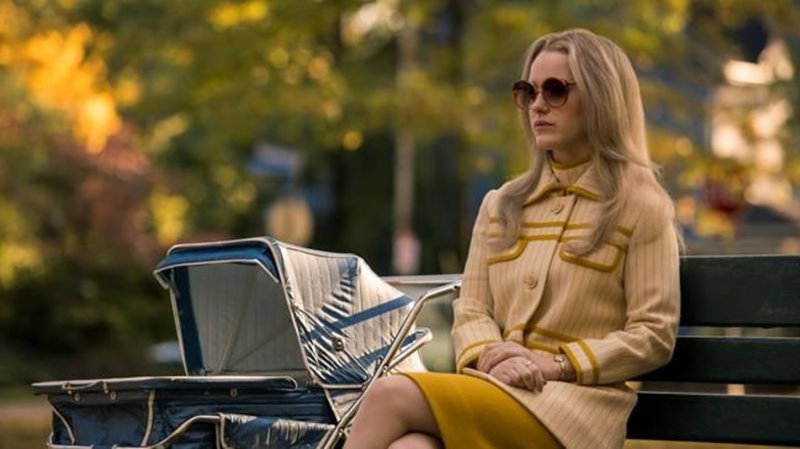
‘I’m Your Woman’ puts a fresh spin on the 1970s crime drama
Director Julia Hart couldn’t stop thinking about Tuesday Weld. She had just watched Michael Mann’s 1981 thriller “Thief” and Weld’s character Jessie had taken over her imagination. Where did she and the baby go? What was going through her mind?
In some ways, Jessie is just the girlfriend. She’s there to up the stakes for the main character and exits the frame when the action begins. It’s not uncommon in the genre. Just think of Michael Corleone closing the door on Kay at the end of “The Godfather.”
But, Hart thought, what if we followed the woman instead of the man? It wouldn’t be revisionist or corrective, just a different path. And it was the beginning of the yearslong process of creating “I’m Your Woman,” which turns the lens on the suburban housewife who has to go on the run with a new baby when her criminal husband disappears. The film starring Rachel Brosnahan opens in select theatres Friday and will be available on Amazon Prime Video on Dec. 11.
“It’s not like I want ‘Thief’ to have followed Jessie,” Hart said. “The movie was so good that I couldn’t stop thinking about this character and the story of all these women. In these crime dramas, even though the women weren’t the main characters, they were amazing characters. They were complex and flawed and interesting and well performed and well written. They just didn’t get their own movie…That’s what inspired me to create Jean.”


